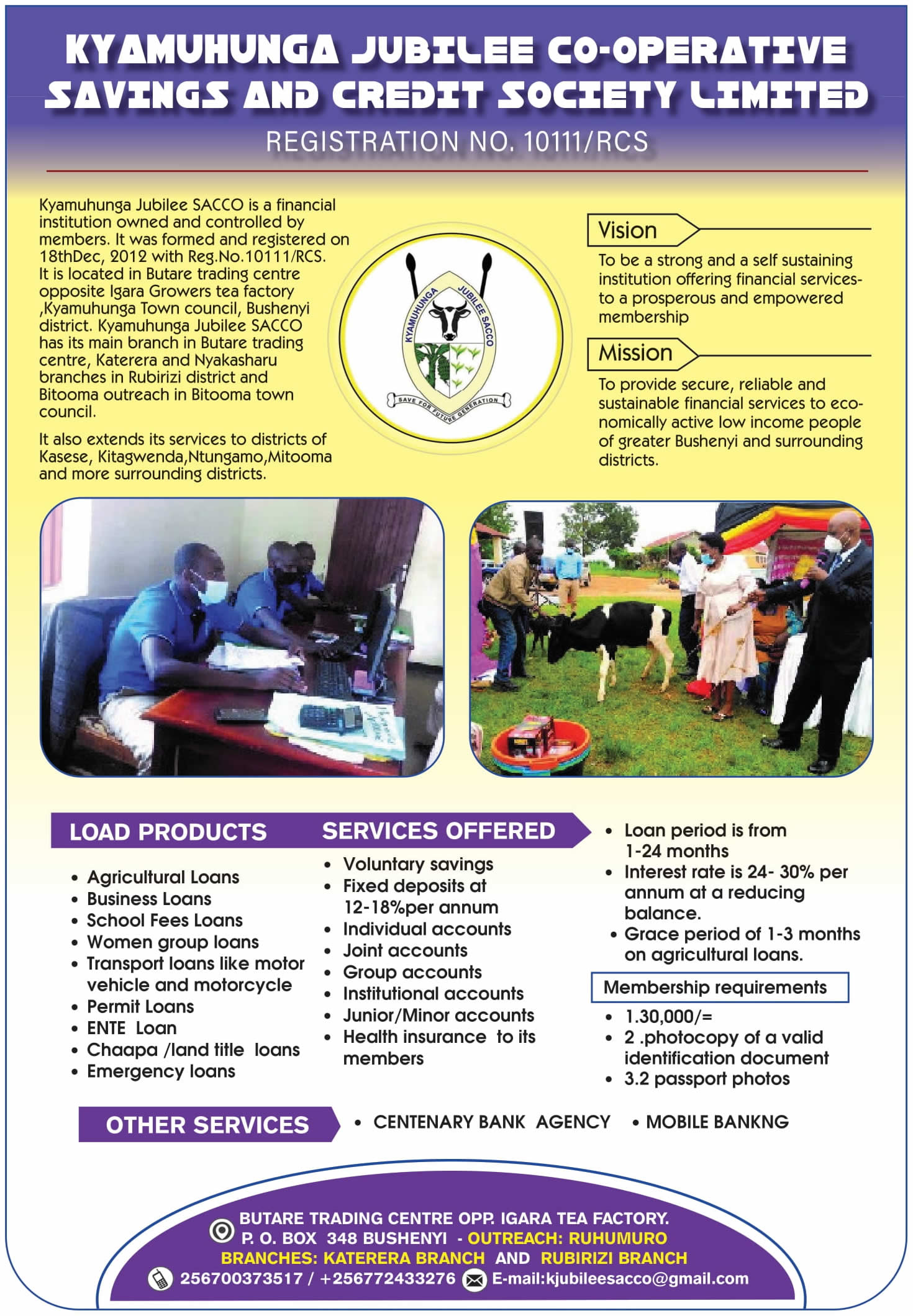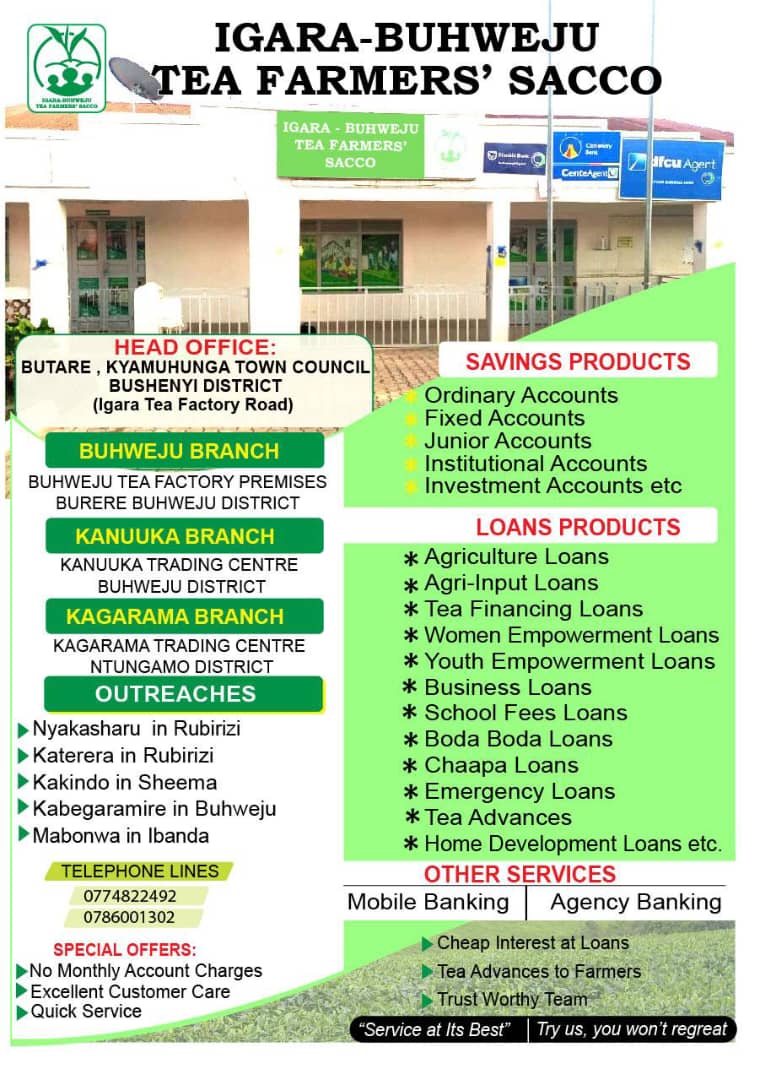OPINION FROM MITOOMA:VIOLENCE AGAINST WOMEN ON THE RISE, ENVIRONMENTAL DEFENDERS THREATENED

BY VOICE OF MITOOMA ED
Following the launch of their campaign against Plastic pollution, a number of women environmental defenders are facing increasing threats of violence – an alarming trend that signals that movements to champion the environment and environmental justice are becoming too important to ignore.
Since the campaign was launched on June 1, 2023, 24 women environmental defenders who are championing land rights and environmental issues have been attacked. For every defender who has been attacked, many more have been harassed, raped and silenced. Many simply have “disappeared”. Though these events have taken place country wide, most of the violence against these women environmental defenders have been recorded in western Uganda where the campaign was launched. This alarming trend has been noted by all women environmental defenders in the region.
My work with women environmental defenders over the past five years has allowed me to see how these grassroot women environmental defenders lead a larger struggle that is going on countrywide to demand the systems changes required to achieve socio-environmental justice at multiple scales. These women environmental defenders often are part of the most marginalized and powerless communities. They are usually Indigenous women, peasants, women, who rely on their environment for their direct survival. Their livelihoods are disturbed by the most powerful, including agribusinesses, extractive industries, states, and international development organizations and agencies. The power imbalance could not be worse. These women environmental defenders have limited access to all types of resources, and directly oppose the decision makers, the moneymakers, the development goal-setters. In this fight, women environmental defenders face the biggest risk of all: the loss of their own lives. When I directly asked them what drives their mobilization, many of the women environmental defenders responded, “We are doing our work and we have nothing left to lose.”
In many cases, women environmental defenders do not realize the deeply political dimensions of their mobilization. They fight for their land, for their community, for their identity – life’s essentials. However, the violence they face in response shows that their mobilizations threaten established political orders.
In different situations and in different communities around Uganda, these women environmental defenders face the same challenges. They often work in the most isolated places, where the threats are the worst because it is easier to silence their voices in these remote locations. Their mobilizations directly challenge the neo-liberal system and the development community which too often considers Western standards as the goal to achieve for the “developing world”. Women environmental defenders do not reject development, they denounce maldevelopment. They challenge development planning that not only fails to profit their communities and people, but actually threatens their already precarious socio-economic conditions and the local environment. For example, in Uganda, hydropower plants that provide clean energy to cities often displace local communities from their ancestral lands and deprive local people from their livelihoods. Such projects are often funded by governments and international climate finance schemes. In a similar way, some conservation organizations still consider humans as threats to nature, forcibly evicting Indigenous communities from their land, even though their livelihoods directly depended on sustainable use of resources.
The trend of violence against women environmental defenders points at deeper issues that can be addressed. The defenders I have interacted with and suggest how they need support of every one for example starting by documenting their struggles and mobilizations. At Voice of Mitooma, our position also allows us to work with governments, and to help inform policies that are environmentally sustainable and can retain local communities’ access and control over natural resources. Moreover, our work with development partners can emphasize co-designing programmes with local communities — giving them a space to voice their needs, to set their own development goals, and to decide what support can help them to achieve their aims. This will not only help end the violence faced by environmental defenders, but also begin to support our aims of a just and sustainable development.
The work Voice of Mitooma has undertaken with women environmental defenders in Uganda shows that local communities are key contributors to environmental protection and disaster risk reduction through their traditional knowledge and sustainable practices. These women, their livelihoods and our environment are threatened by discrimination, insecure land rights, and inadequate planning.
These women have important stories to tell, as illustrated by the recent launch of the campaign against plastic pollution that is championing and encouraging awareness and action for the protection of the environment.
The Writer is the Executive Director of Voice of Mitooma, a women’s environmental organization






























 Views Today : 289
Views Today : 289 Views Yesterday : 411
Views Yesterday : 411 Views Last 7 days : 3266
Views Last 7 days : 3266 Views This Month : 10538
Views This Month : 10538 Total views : 1448142
Total views : 1448142 Who's Online : 1
Who's Online : 1 Your IP Address : 18.222.110.231
Your IP Address : 18.222.110.231